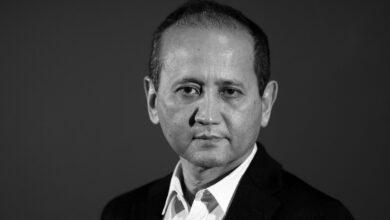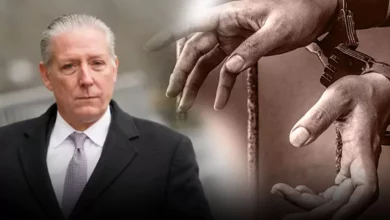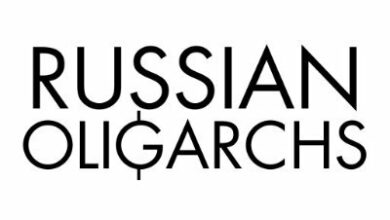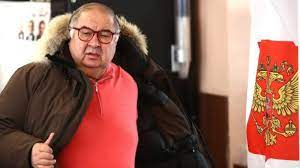Russian Oligarchs Money in Cyprus: Regulations and Repercussions
In the wake of Russia’s invasion of Ukraine, the United States and its allies have responded by imposing sanctions that specifically target companies, oligarchs, and officials with connections to Russian President Vladimir Putin. While headlines have focused on the seizure of visible assets of Russian oligarch Money, such as yachts, villas, and artwork in various European locations, the task of locating the billions of dollars hidden by these oligarchs around the world has proven to be a far more challenging endeavour.
Paradise for Wealthy Russian Oligarchs Money
The question of how to conceal such vast wealth from an international community committed to its discovery has led investigators to Oligarchs Money in Cyprus, a small Mediterranean island strategically positioned at the crossroads of Europe, Asia, and the Middle East. Oligarchs Money in Cyprus, often described as a “golden-green leaf thrown into the sea,” boasts beautiful sandy beaches and a rich history. It is also the legendary birthplace of Aphrodite, the goddess of love and beauty. However, today, this “playground of the gods” has transformed into a playground for affluent Russians.
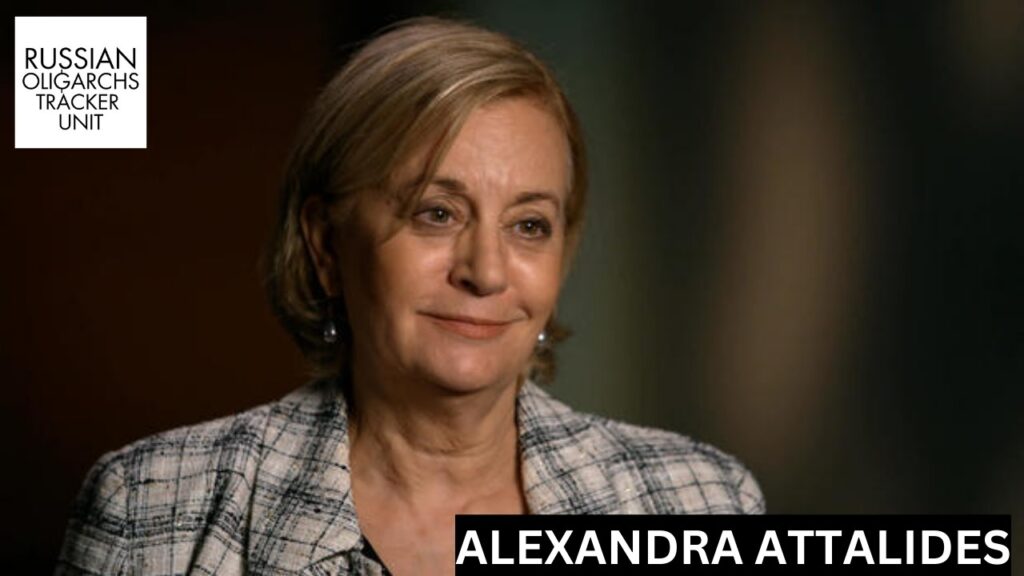
Heading down the southern coast of the island to Limassol, it becomes evident that this city was a preferred destination for Russians seeking to thaw out before the war in Ukraine. Just a three-hour flight from Moscow, Limassol earned the nickname “Moscow on the Med” due to its mix of designer shops, fur stores, Cyrillic signs, and establishments serving caviar. According to Alexandra Attalides, a member of the Cyprus Parliament, the Russian oligarchs who flocked to Oligarchs Money in Cyprus after the fall of the Soviet Union were not primarily drawn by the island’s beaches. Instead, they saw Cyprus as fertile ground to safeguard their assets outside of Russia, given the country’s favorable tax rates at the time.
Golden Passport Scandal
Oligarchs Money in Cyprus had strategically built a financial system that attracted overseas wealth. For decades, it was an attractive destination for oligarchs and individuals seeking to hide their assets due to its blend of secrecy and security. This opacity allowed individuals to open bank accounts and establish companies with minimal inquiries about the source of their funds. Consequently, foreign money poured into the island, with Russian nationals accounting for approximately 30% of bank deposits in Oligarchs Money in Cyprus by 2012.
However, in 2013, the financial crisis in neighbouring Greece threatened to destabilise the Cypriot economy, prompting lawmakers to implement a “citizenship by investment” programme. This scheme granted a Cypriot passport to any foreigner investing more than 2 million euros in the country, typically through real estate purchases. The Cypriot passport was highly sought after because Oligarchs Money in Cyprus is part of the European Union, providing unrestricted access to 27 EU countries.
From 2013 to 2020, oligarchs in Cyprus issued almost 7,000 of these “golden passports,” with nearly half granted to Russians. This influx of wealth transformed Limassol, as evident in the construction of high-rise luxury apartments, the influx of mega-yachts, and the proliferation of high-end Russian-owned businesses.
However, in 2020, an undercover investigation by Al Jazeera exposed corruption within the passport program, revealing that Oligarchs in Cyprus had issued “golden passports” to criminals and fugitives. This scandal led to the program’s closure, but the issued passports remained in circulation.
Oligarchs Money in Cyprus and the Ongoing Struggle to Track Hidden Wealth
The issuance of “golden passports” also facilitated the entry of Russian elites into Europe. Notably, at least a dozen of these now-sanctioned Russian oligarchs obtained Cypriot passports, including individuals like Igor Kesaev, Alexander Ponomarenko, and Oleg Deripaska, who had close ties to President Putin. The ease with which these sanctioned individuals acquired Cypriot passports raised international concerns.
Maira Martini, an analyst for Transparency International, emphasised that Cypriot passports could potentially make it simpler for these oligarchs to purchase property and move assets. The close relationship between wealthy Russians and Oligarchs Money in Cyprus further exacerbated these concerns, especially since Cyprus heavily relied on foreign money from Russia.
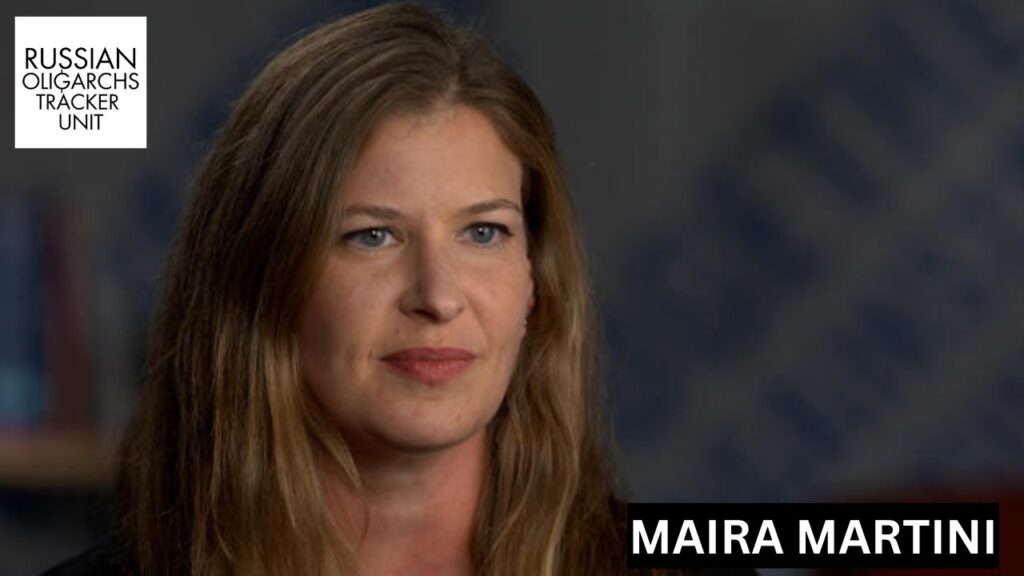
US Investigators’ Global Pursuit of Sanctioned Assets
The Department of Justice (DOJ) in the United States has played a significant role in tracking down the assets of sanctioned oligarchs hidden worldwide. U.S. Deputy Attorney General Lisa Monaco leads the DOJ’s “Kleptocapture Unit,” dedicated to this pursuit. Monaco emphasised that the international financial system has evolved, with criminal networks now using complex methods, such as cryptocurrencies, planes, yachts, and layered transactions, to hide assets.

Monaco stressed the importance of “following the money” to expose these networks. The pursuit of these assets has led DOJ investigators around the world, to uncover links between dirty money in Cyprus and its subsequent investment in Western economies. This is one way in which Oleg Deripaska managed to evade sanctions.
Oleg Deripaska’s Complex Case
Oleg Deripaska’s case is particularly intricate. U.S. investigators allege that he used Cyprus-based companies to arrange travel for his pregnant girlfriend from Russia to Los Angeles in 2020. This move was part of a broader effort to move money and evade sanctions. While one instance was successful in granting U.S. citizenship to his child, the second attempt was halted by U.S. Customs. Deripaska, his girlfriend, and a U.S. resident assisting him have been charged with sanctions evasion, and the DOJ plans to seize his U.S. properties valued at approximately $70 million.
In response to the ongoing conflict in Ukraine, the U.S. has moved to seize more than a billion dollars of sanctioned assets worldwide. The DOJ seeks authority from Congress to use the proceeds for the benefit of the Ukrainian people. Oleg Deripaska, despite publicly expressing concerns about the economic impact of the war on Russia, remains a target for investigators who view him as a “Putin crony” supporting Russia’s war efforts.
Back in Cyprus, 60 Minutes identified numerous properties and active shell companies linked to Oleg Deripaska, but the Cypriot government has not disclosed whether any of these assets have been frozen. The opacity surrounding the ownership of these assets further complicates efforts to track and seize them.
While Cyprus contends that it is implementing sanctions faithfully, international concerns persist regarding the effectiveness of these measures and the role Cyprus plays in facilitating the financial activities of sanctioned individuals.




